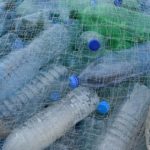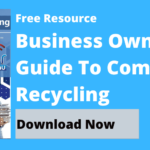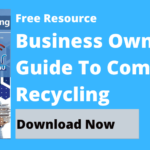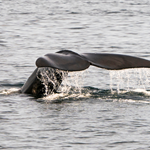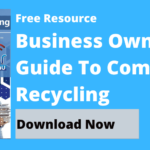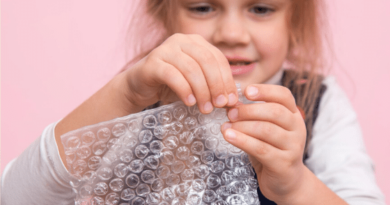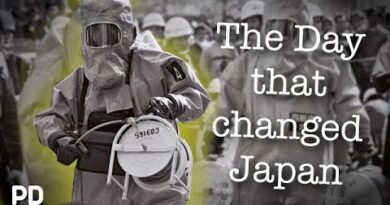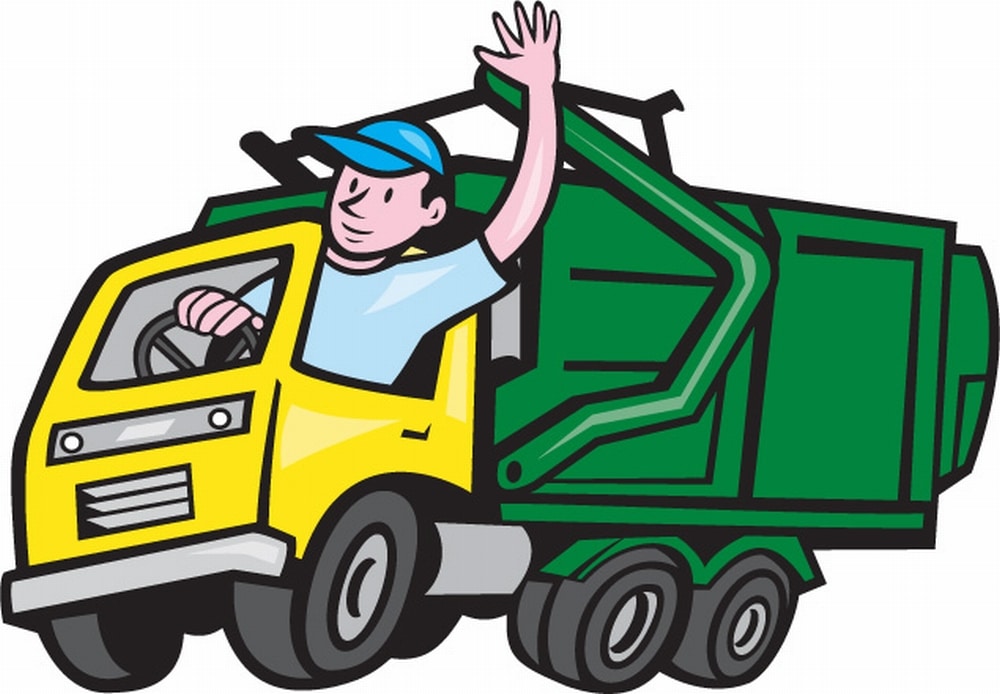Plastic Pollution Has Recently Decreased In Australian Beaches, Study Finds 🏖️
Energy Disrupter
Australian Beaches Plastic Pollution 🏖️: Recently, Australian beaches have seen a significant drop in plastic waste in the last 6 years. What caused this to happen? And more importantly, how can we maintain this plastic waste drop? Continue reading to learn more.
Through the years, multiple reports have stated the devastating effects of plastic on the ocean and marine life. Sea turtles, birds and mammals alike have suffered at the hands of plastic, many of which either choked to death or starved because of tiny bits of plastic clumping inside their guts. Others, on the other hand, whilst not dying, do get entangled by it, resulting in multiple lacerations, infections, reduced ability to swim and more.
Unfortunately, we would not see a worldwide significant plastic waste reduction in a long time because of the sheer number of its production. Plenty of people still rely on plastic due to its uses, after all. Afterwards, few of them get recycled and instead, make their way to landfill.
[embedded content]
Recent reports stated last month that Misery Beach, Australia’s ‘best beach’, was littered with rubbish and microplastics after the recent tourist boom. People threw various items such as used nappies, face masks, cigarette butts and plastic water bottles. About 1,200 pieces of rubbish were collected, totalling about 15kg of waste.
However, all hope is not yet lost. We still have a sliver of hope. And this recent report we have for you today will prove it.
According to a new study, Australian beaches have seen a significant reduction in plastic pollution over the last 6 years. Plastic waste across the beaches, shorelines and coastlines of Australia has decreased quite a bit! It decreased by around a third or 29 per cent.
Below, we cover how this came about and how we, as Aussies concerned about our environment, can keep this up or even improve further.
Who are we? what do we do? Learn more about Waster
Before we go further with Australian beaches’ plastic pollution reduction, what prompted this to occur and how we can keep the reduction going further, let me share with you more information about Waster.
>>Download Now: Free PDF Business Owners Guide To General Waste Bin Services
We here at Waster provide you with innovative solutions for you and your business’s waste management and recycling needs. Furthermore, we provide flexible, 30-day contracts instead of the typical lock-in contracts, which proves to be better.
Click on the blue button to learn more.
READ NOW: Plastic-eating ‘Superworms’ May Provide A Solution To Global Waste Problem 🪱
How did Australian beaches’ plastic pollution decrease come about?
Researchers from the Commonwealth Scientific and Industrial Research Organisation ( or simply CSIRO), led by Dr Kathryn Willis, started this study and conducted surveys of coastal litter that includes plastic and other debris such as glass in 2013. The findings in 2013 were then compared with 563 brand-new surveys in 2018-2019, which also included interviews with waste managers in 32 municipalities.
As mentioned above, Australian beaches saw a 29 per cent drop in plastic pollution over the last 6 years. In some areas, plastic pollution had been cut down by up to 73 per cent, which is really significant.
Researchers found that keeping and improving strategies aiming for a better economy along with waste management strategy updates across the six-year period have had the most convincing and biggest effect on reducing coastal litter, whilst those areas that did nothing to improve strategies at all or reduced or removed budgets had “dirtier coastlines”.
Reasons for plastic pollution drop in Australian beaches
What were the main reasons for the 6-year steady drop in plastic pollution on Aussie beaches? The scientists believe this drop came about due to some factors we enumerate below.
- Initiatives by governing bodies – Local councils governing Australian beaches initiated programs that aimed to reduce litter. This was one of the strongest reasons why plastic pollution is down on Australian beaches. They installed more bins, recycling guides, Deposit Refund Schemes that incentivise recycling and more.
- Initiatives by the people themselves – Some people definitely did not intend to wait for local councils to move and proceeded to take action upon themselves. Some would go around and pick up the rubbish they see and dispose of them in the correct bin. They would also avoid littering and dispose of their own rubbish in bins. Concerned citizens would also set up community beach clean-ups to tidy up the once littered-up Australian beach.
- Looking out for illegal rubbish disposal – Those concerned increased their vigilance against the illegal disposal of rubbish at beaches. Not only did they put anti-littering signs to prevent people from littering, but they also placed shopping plastic bag bans, hotlines people can call when they see instances of illegal dumping, fines for people caught littering and more.
“Whilst plastic pollution is still a global crisis and we still have a long way to go, this research shows that decisions made on the ground, at local management levels, are crucial for the successful reduction of coastal plastic pollution,” said Willis.
How we can maintain plastic waste reduction
Now, do we stop at 6 years? Hopefully, we do not and instead, we continue reducing plastic pollution on our Australian beaches.
Obviously, we should continue what we have started that led to Australian beaches having 29 per cent lesser coastal litter in the last 6 years. That means that more initiatives should be started and carried out by governing bodies, the people themselves (i.e., the average citizens) should also look to keeping the beaches clean, keeping a close eye on people that litter and carrying out consequences/fines and more.
Let us not return to the old ways and litter our beaches full of rubbish.
Contact Waster right now for your waste and recycling needs now!
Does your Australian-based business need waste and recycling services? If so, then you have come to the right website!
Please call 1300 WASTER (1300 927 837). You can also email us at [email protected] or [email protected] if you have further questions. Find the best deals in terms of waste and recycling pricing and services!




